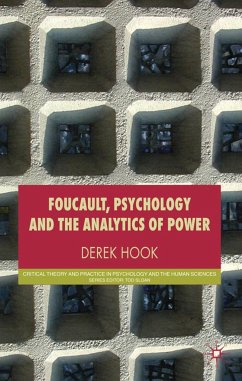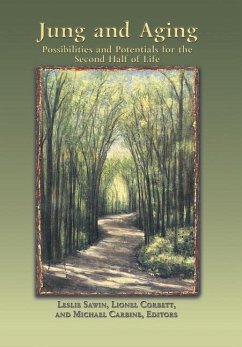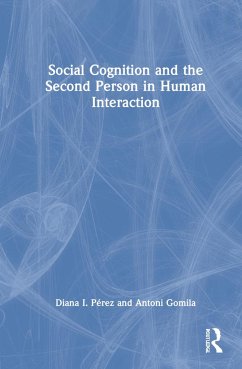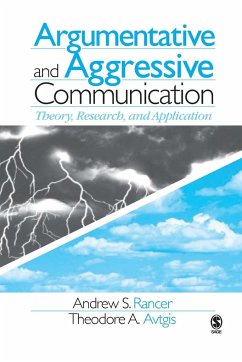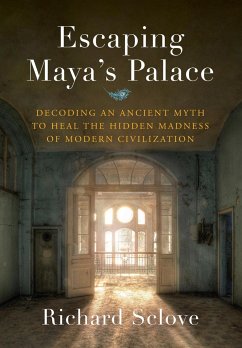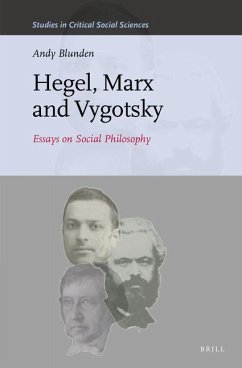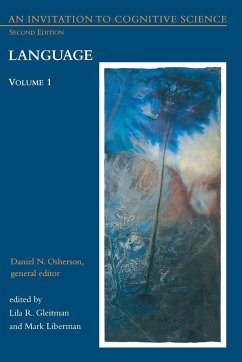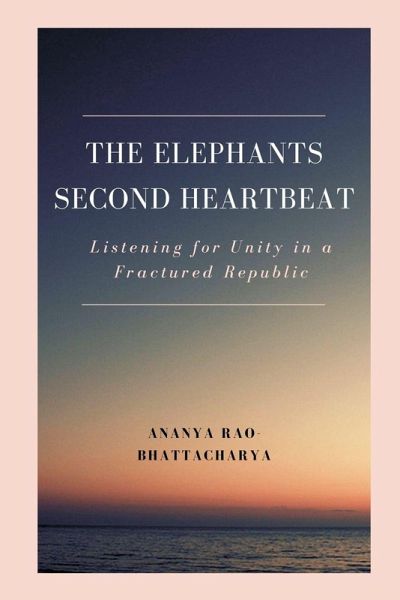
The Elephant's Second Heartbeat
Listening for Unity in a Fractured Republic

PAYBACK Punkte
12 °P sammeln!
In an age where headlines scream louder than history and hashtags replace heritage, this groundbreaking work dives into the fractured psyche of modern India to ask a haunting question: Can a civilization this ancient survive its second birth? Blending sharp political insight with psychological depth, this book explores India's national identity through the lens of pluralism, cultural memory, and collective consciousness-offering readers a radically fresh way to understand the country's transformation. Through gripping real-life stories, cutting-edge research, and frameworks rarely applied to p...
In an age where headlines scream louder than history and hashtags replace heritage, this groundbreaking work dives into the fractured psyche of modern India to ask a haunting question: Can a civilization this ancient survive its second birth? Blending sharp political insight with psychological depth, this book explores India's national identity through the lens of pluralism, cultural memory, and collective consciousness-offering readers a radically fresh way to understand the country's transformation. Through gripping real-life stories, cutting-edge research, and frameworks rarely applied to politics-like depth psychology, complex systems, and postcolonial democracy-this book reveals the hidden patterns shaping India's future. From the trauma of Partition to the rise of algorithmic echo chambers, from ecological rituals to street-level civic revolutions, it exposes the deep currents beneath surface chaos. Perfect for thinkers, dreamers, educators, policy-makers, and anyone invested in nation-building challenges, this book is not just read-it's experienced. If you're ready to move beyond polarized narratives and explore the living, breathing tension between unity in diversity, technology, tradition, and the soul of a republic-this is your guide. A must-read for anyone exploring the crossroads of India's socio-political landscape, psychological analysis of nations, and the urgent question of how we build futures without forgetting where we came from.



